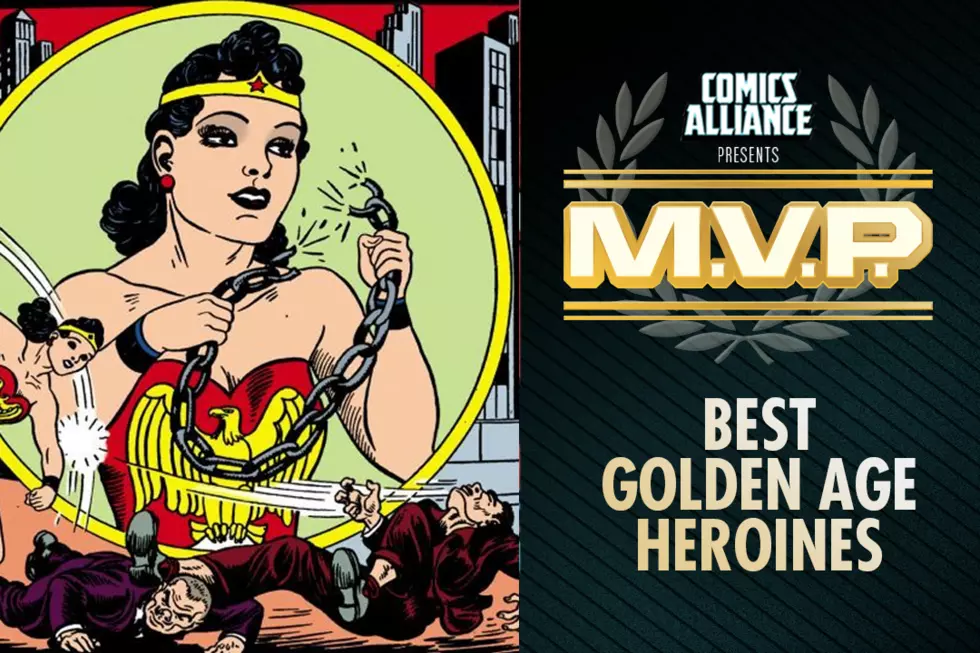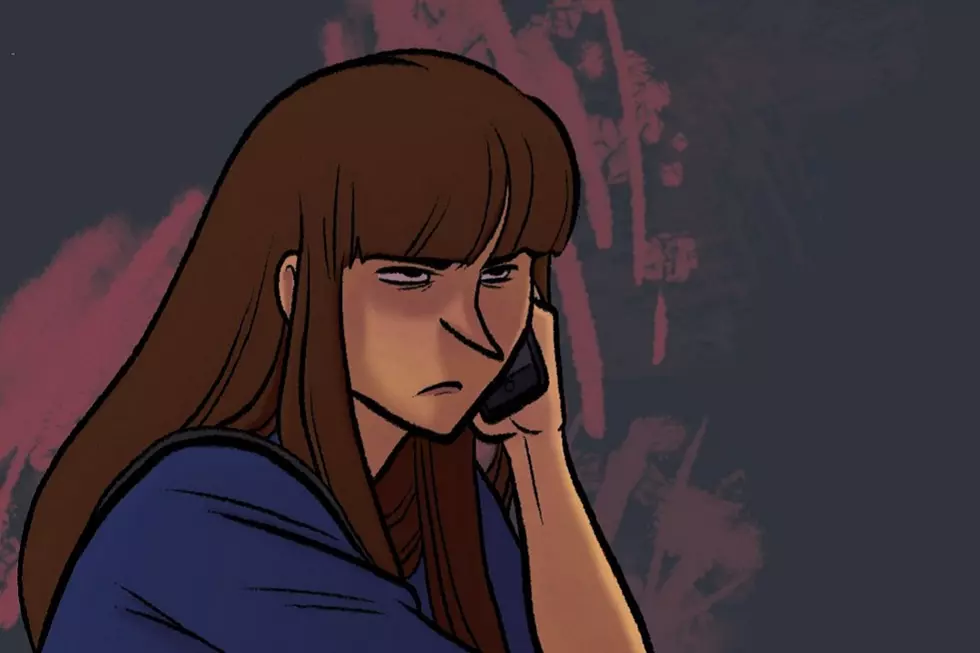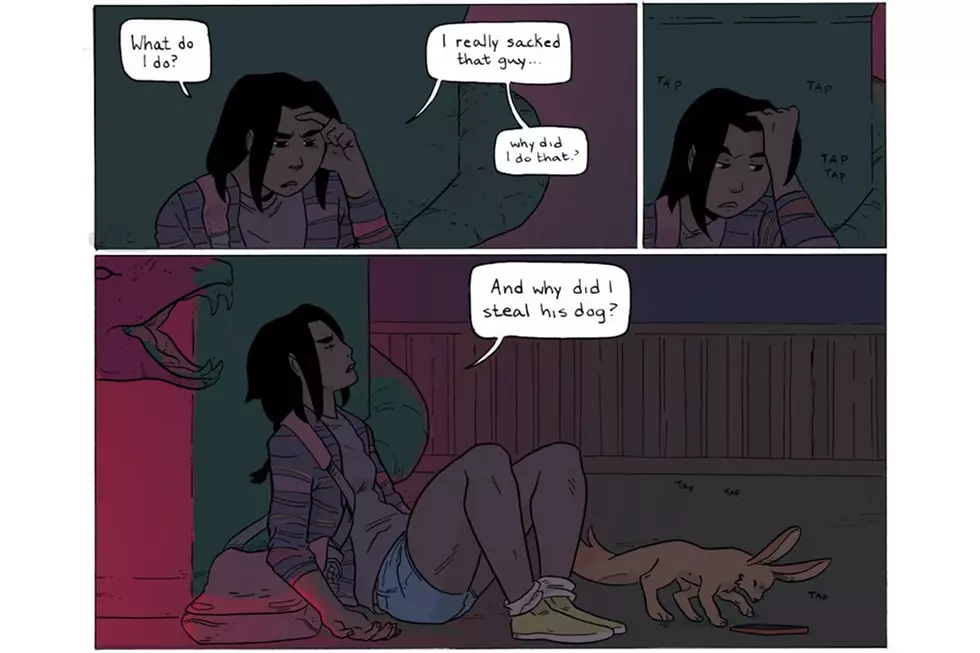
Early Comics Artist Janice Valleau Winkleman Dead at 90
A week ago, one of the earliest female comics artists and one of the hundreds of people who left comics after the Senate hearings of the 1950s passed away in Florida at the age of 90. Janice Valleau Winkleman, who was credited as Ginger Valleau, Janice Valleau, and Janice Winkleman throughout her career, began drawing comics in the late 1930s. Winkleman got her first job drawing comics for the company that would become Archie Comics but also did a great deal of work for Quality Comics. The character she was most associated with was the detective model Toni Gayle, but she also drew many other characters including Veronica and Betty.
Winkleman was born and raised in New Jersey. She studied at the Phoenix Art Institute and upon graduating got work with fellow Phoenix alumni Bob Montana at MLJ Publications (which would later become Archie Comics). She is credited in All Humor Comics, Archie Comics, Crack Comics, Guns Against Gangsters, Hit Comics, Nyoka the Jungle Girl, Police Comics, Roly-Poly Comics, Smash Comics, and Young King Cole, which was one of the many places where the Toni Gayle features ran. She also occasionally worked as an inker in the early years of her career. Winkleman drew sassy, beautiful women well and showed a love for fashion in her art.
Sadly, Winkleman had a fairly short-lived comics career. Her most extensive interview possibly ever is chronicled throughout David Hajdu’s The Ten-Cent Plague, where she describes her father trying to get her out of the comics industry:
“It was getting a little scary—there were some really nasty comics then, and they were giving us all a bad name,” said Janice Valleau Winkleman, whose father hatched a plan to liberate her from comics, late in 1953. From time to time, when her husband, Ed, was away on business, her father would drive her from her house in suburban New Jersey to Manhattan so she could deliver her artwork to Busy Arnold. One morning, he drove her to Wall Street, held her by the arm, and brought her to a finance company, where he had set up a job interview without her knowledge. She was furious, and not only because she was wearing slacks, flats, and no make-up. “He practically kidnapped me, “ Winkleman said. “ He said, ‘No daughter of mine has to do that such and such—that crap.’
“I said, ‘But I like it. What’s wrong with it?’ He never saw a thing I ever did. He just heard something about how terrible…comics [were]. He thought he was saving my life.” Winkleman went through with the interview, with her father standing behind her. She was offered the job and said, as she recalled, “Thank you very much. It sounds great. I’m sure my father would be happy to take the job.” Declining a ride uptown to Arnold’s office at Quality Comics, Winkleman walked to the subway with her artwork in hand and picked up a couple of magazines to occupy her during the ride. As she flipped through one, she realized why her father decided suddenly to enact his intervention. The November 1953 issue of Ladies’ Home Journal, a magazine her mother read devoutly, had an article titled “What Parents Don’t Know About Comic Books,” an excerpt from an upcoming book by Dr. Fredric Wertham.
Winkleman refused to leave at that point but she did leave comics permanently not long after. Her last credited work was published in 1955 on Nyoka the Jungle Girl. Although she never again drew a comic, she was a lifelong artist who often entered watercolor competitions in her later years. She told Hajdu “I wanted to be a magazine illustrator, but I loved comics, too… I would have been happy being in any kind of art at all.”
More From ComicsAlliance
![When Everything Is Pink, Nothing Is Pink: Sarah Stern On Color And Creativity [Interview]](http://townsquare.media/site/622/files/2017/03/Cindersong-feat.jpg?w=980&q=75)








